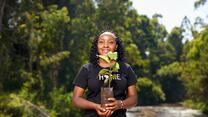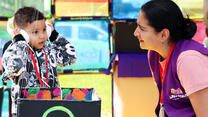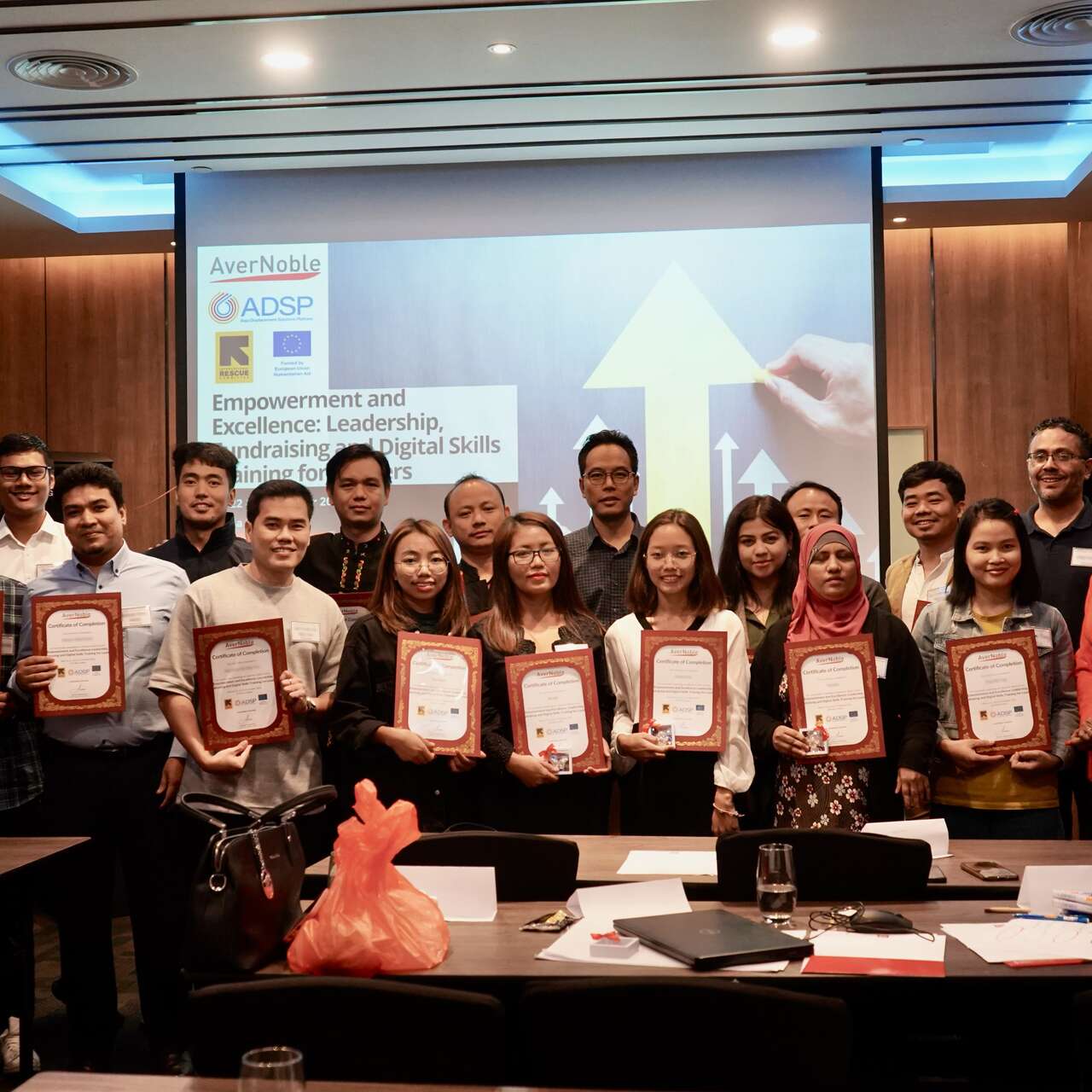
Participants of a workshop led by the International Rescue Committee (IRC) and the Asia Displacement Solutions Platform (ADSP), who were once refugees themselves, share their thoughts on why advocacy inclusive of those with lived experiences is important.
In India, Thailand and Malaysia, refugees from countries including Myanmar, face barriers to integration, hindering their abilities to rebuild their lives as a result of ongoing crises that have severely impacted their mental health and access to essential services.
In the midst of all this, refugees themselves are often overlooked when decisions about their lives and livelihoods are made by those in power.
The IRC and the ADSP have partnered with the European Union to support refugee-led advocacy groups in Malaysia. These groups aim to empower refugees to advocate for their needs to the host country’s government.
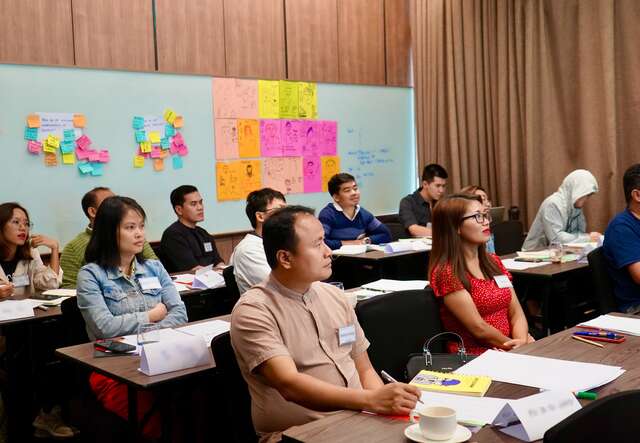
The advocacy groups provide a platform for individuals with lived refugee experiences to come together, champion their rights, amplify unheard voices, and bridge gaps between local communities and the policymakers responsible for decisions that impact their lives.
Here’s three lessons we learned from the session:
1. An intersectional approach is important
Aung*, a refugee from Myanmar, was previously displaced from her village due to political pressure. Now taking part in the IRC’s EU-funded advocacy group, she was able to connect with the bigger picture.
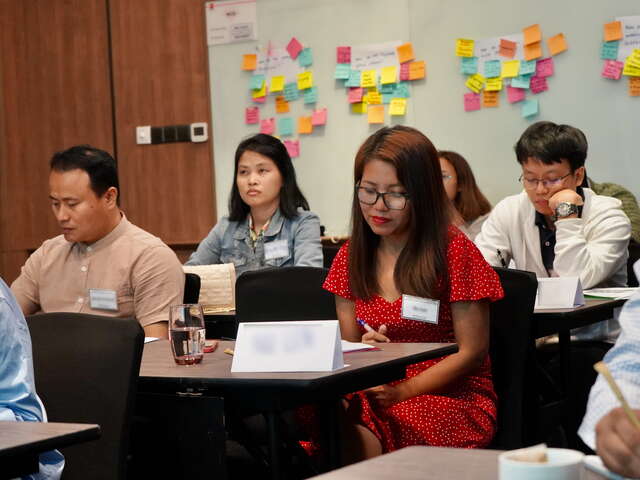
“[I saw] a broader perspective on the issues we’re facing, and how they intersect with larger societal structures and systems,” she explains. Taking this intersectional approach allows her to differentiate between symptoms of a problem and the core issue, helping to design a more holistic solution.
2. Build solidarity through empathy
The importance of refugees participating in advocacy groups is precisely because of the value lived experience brings to the discussion. Their presence brings much-needed depth and authenticity to the conversation, giving new perspective to decision-makers.
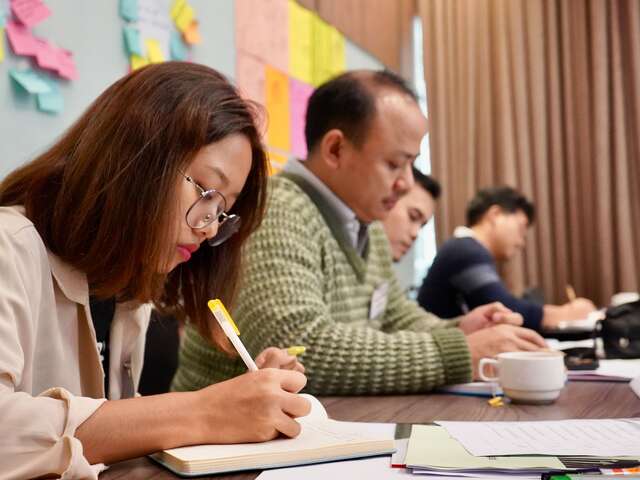
As Aung* reflects, sharing personal stories can highlight the human impact of these issues, inspiring others to take action. Building a sense of solidarity is key when working with other changemakers campaigning for the rights of refugees.
“The training reinforced the importance of collaboration and solidarity while doing advocacy work,” explains Aung. “I plan to use this insight to foster stronger relationships within our community and within allies. I believe that our collective voice is stronger than any one individual.”
Through the IRC’s advocacy group, participants such as Aung were able to meet with like-minded individuals and organisations, creating connections that would bring meaningful change for their communities.
3. Utilise new technology, and keep learning
Technology such as Artificial Intelligence (AI) can be a gamechanger for activists. For many refugee leaders, gaining new technical skills and navigating changing technology can often be a barrier. Many refugee advocates and leaders might lack access or enough resources to learn more about these sorts of technologies.
The IRC-led workshop equipped refugee advocates to use AI in their day-to-day work, to help them tackle certain tasks more efficiently.
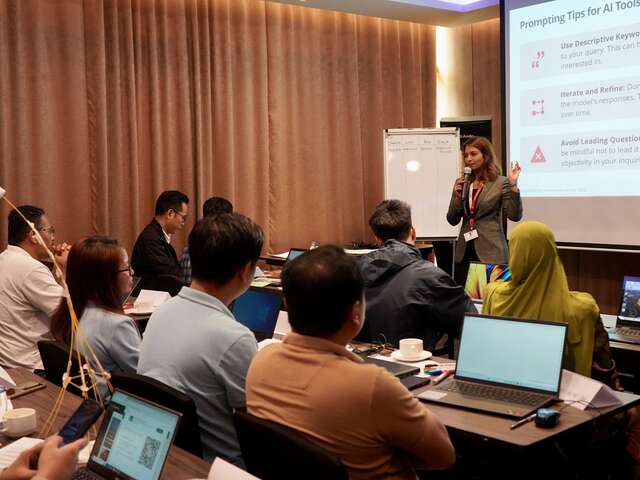
John*, a refugee from Myanmar, reflected on this part of the workshop: “Despite my years of dedicated service to refugees and my experience as a refugee leader, there were areas where I lacked expertise, particularly in advocacy and digital skills, including using AI”.
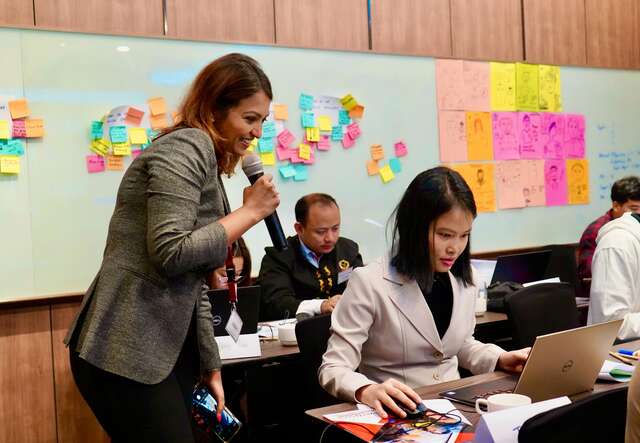
The workshop provided the opportunity to bridge this gap. John* reflected on how activists and advocates must keep learning new things while doing their work. “My motivation stems from a deep-seated desire to achieve my objectives, unlock my potential and enhance my understanding,” he explains. “This training underscored the importance of continuous learning.”
*Name has been changed to protect the person’s privacy.
The International Rescue Committee partners with the European Union to provide life-saving support to people caught in conflict and disasters around the world. Our work funded by the EU enables people to survive, recover and rebuild their lives.

